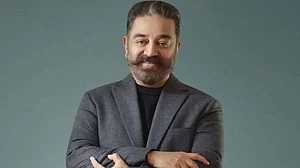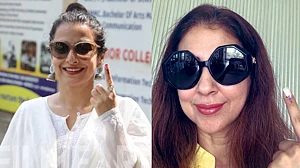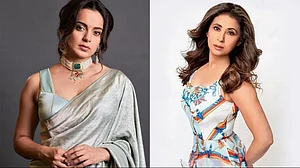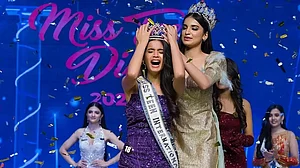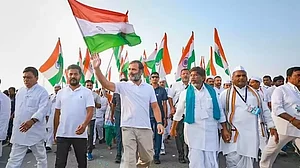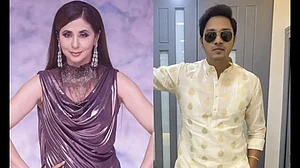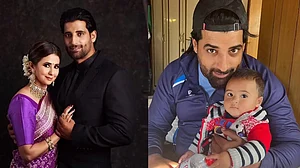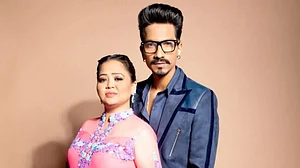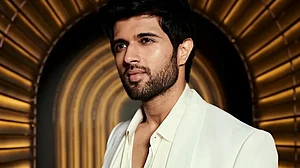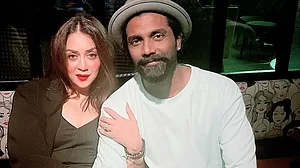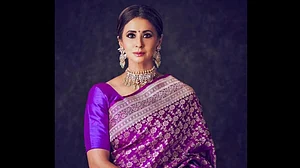
Name: Urmila Matondkar
Urmila Matondkar, a prominent figure in Indian cinema, has carved a niche for herself with her versatile acting skills and captivating screen presence. She first appeared on screen as a child artist in 1980 in the film "Kalyug" and gained significant recognition with her role in the highly acclaimed 1983 movie "Masoom," directed by Shekhar Kapur.
Urmila's transition to lead roles was marked by a series of performances in Bollywood films during the 1990s and early 2000s, during which she established herself as a leading actress in Hindi cinema. Her breakout role came with the thriller "Drohi" (1992), followed by a critically lauded performance in the romance "Rangeela" (1995). Directed by Ram Gopal Varma, "Rangeela" showcased her acting abilities and highlighted her as a style icon and a versatile dancer.
In 2016, Urmila made a notable comeback to films with the Marathi movie "Ajoba," where she played a biologist. This significant role marked her entry into regional cinema, where she continued to earn praise for her acting prowess.
In addition to her cinematic endeavors, Urmila Matondkar has been active in social and political spheres. In March 2019, she joined the Indian National Congress party and contested the Lok Sabha elections from the Mumbai North constituency.
Urmila Matondkar's political journey took a significant turn when she joined the Shiv Sena in December 2020, a year after she departed from the Indian National Congress. This move marked a pivotal shift in her political career, aligning her with a party with a strong regional presence in Maharashtra, particularly in Mumbai, where she has her roots.
Urmila's initial foray into politics occurred in March 2019 when she joined the Congress and contested the Lok Sabha elections from the Mumbai North constituency. Despite a spirited campaign, she was unable to secure a win. Her tenure with Congress was short-lived; she resigned in September 2019, citing internal politics and a lack of support from party leadership as her primary reasons for leaving.
Her decision to join Shiv Sena was seen as a strategic move aligned with her commitment to improving Mumbai, the city that had fostered her film career. Shiv Sena, known for its emphasis on regional and cultural identity, particularly for the Marathi population, resonated with Urmila's vision of contributing more effectively locally.
Upon joining Shiv Sena, Urmila was welcomed by the party leadership, including Uddhav Thackeray, the party head and then Chief Minister of Maharashtra. Her induction into the party was part of Shiv Sena's efforts to strengthen its cadre with well-known personalities who could bring diverse perspectives and help in community outreach and social work.
Urmila has expressed her desire to work on women's safety and the well-being of children, areas she has been passionate about even during her cinematic career. Her role in Shiv Sena includes leveraging her popularity and public image to advocate for these causes while participating in party activities and initiatives aligning with her views on social justice and equity.
.jpg?auto=format%2Ccompress&fit=max&format=webp&w=300&dpr=1.0)
